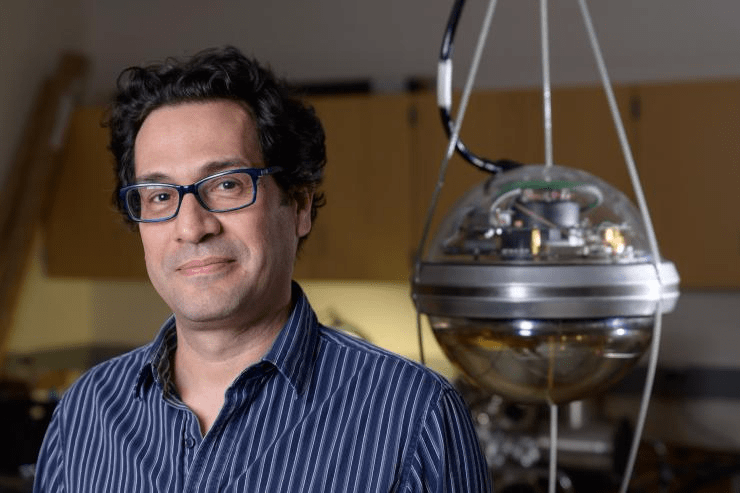
Ignacio Taboada, Associate Professor in the Department of Physics at Georgia Tech and a longtime IceCuber, is one of the 2018 Fellows announced by the American Physical Society (APS) a few days ago. This award acknowledges his contributions to the study of transient sources of very high energy gamma rays and neutrinos with the HAWC and IceCube observatories.
“It is a great honor to be named an APS fellow. For many years, I have worked on transient or flaring sources of neutrinos and gamma rays. I have made contributions to IceCube in this area, including the recent observation of the neutrino source candidate TXS 0506+056,” says Taboada.
Taboada’s group is dedicated to experimental particle astrophysics and his research focuses on finding the sources of cosmic rays and IceCube neutrinos. His leadership in the search for transient sources has been instrumental in the design of new neutrino and multimessenger analyses with increased discovery potential. His work with gamma rays in the HAWC observatory follows the same approach.
Ignacio and his group at Georgia Tech were significant contributors to the analyses that led to the identification of the first source of neutrinos. He is currently a colead of the IceCube group that coordinates all searches of neutrino sources.
+ info See the list of all 2018 APS fellows here (link). Visit the website of Taboada’s research group (link).